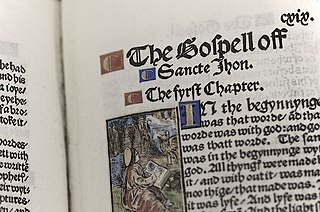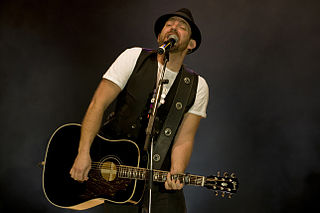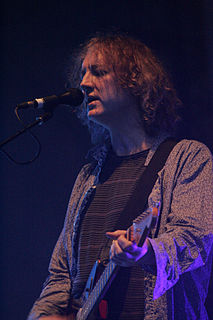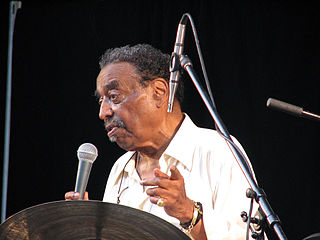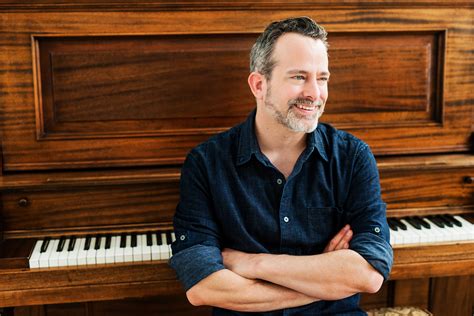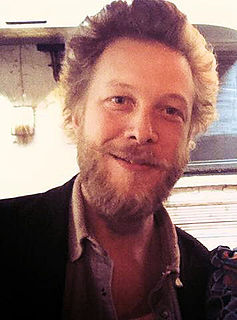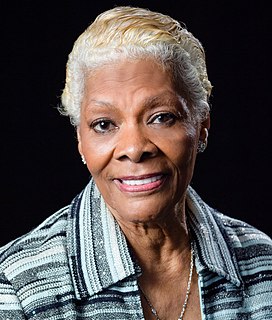A Quote by Kent Beck
Sheet music, recording, radio, television, cassettes, CD burners, and file sharing have all invalidated, to some extent, the old model of making a living making music.
Related Quotes
I wouldn't have known when I was a teenager that when I was coming up to being a sixty-year-old woman that I'd be making music, I'd be recording music, talking about music, and incorporating my views on the world into the music-making. So it's a very rarefied place to be, and I'm very grateful for that.
There are musicians who want to make a living making music. There are listeners who want to listen to music. Complicating this relationship is a whole bunch of history: some of the music I want to listen to was made a while ago in a different economy. Some of the models of making a living making music are no longer valid but persist.
I'm from Louisiana, and that's where I got my start, in Cajun music. There's a huge music scene down there centered around our culture. Those are people that are not making music for a living. They are making music for the fun of it. And I think that's the best way I could have been introduced to music.



